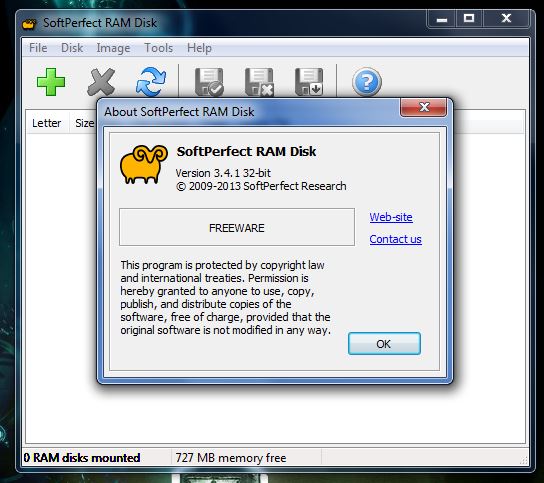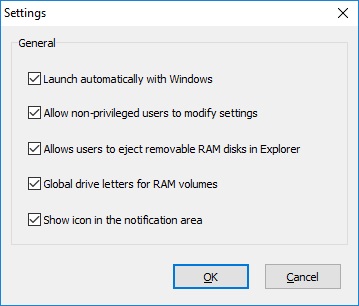

I tried a few other security suites, but they all are too invasive and basically take over the system, break other apps, and slow everything down.Īlso, keep in mind that Comodo adds alternate data streams to each NTFS file. And there was no other way to fix that except to uninstall Comodo completely. In my case CIS paralyzed a few apps that I really needed for work. Some problems are totally unexpected, incomprehensible, and can take a lot of time to figure out what's happening. Boot-time disks are mounted during system boot and unmounted on shutdown.I don't use RAM Disk, but I can confirm that Comodo Internet Security and other comprehensive antivirus\security suites can break or mess up with may things in the system. Unless you have a specific reason to use a logon-time disk, we recommend using a boot-time disk instead. For that, in an elevated command prompt type: This will permanently deactivate the hybrid boot as well. REG ADD "HKLM\SYSTEM\CurrentControlSet\Control\Session Manager\Power" /V HiberbootEnabled /T REG_DWORD /D 0 /FĪlternatively, if you don't hibernate your PC and want to save a few GBs of disk space, you can disable hibernation. Open an elevated command prompt and type: We recommend disabling the hybrid boot to prevent its interference with the normal RAM disk operations. This leads to another undesirable effect where even a volatile RAM disk retains its contents between shutdowns. It does so between shutdowns, but not between reboots. Windows 10 in its default configuration uses a so-called hybrid boot, which causes Windows to save all allocated kernel memory to the hard drive and reload it on the next boot.

To fix this issue, open your antivirus/security product settings and exclude the RAM disk image file location from the paths that are monitored and inspected. It is a common issue with antivirus products when they try to check for viruses in any file that is being written to a disk. There may be another process (usually antivirus) that attempts to open the file at the same time.

The process cannot access the file because it is being used by another process", this can be caused by one of the following: Antivirus or security products

If your RAM disk takes a long time to mount, unmount, save to an image, or shows a message saying "Win32 error code = 32.


 0 kommentar(er)
0 kommentar(er)
